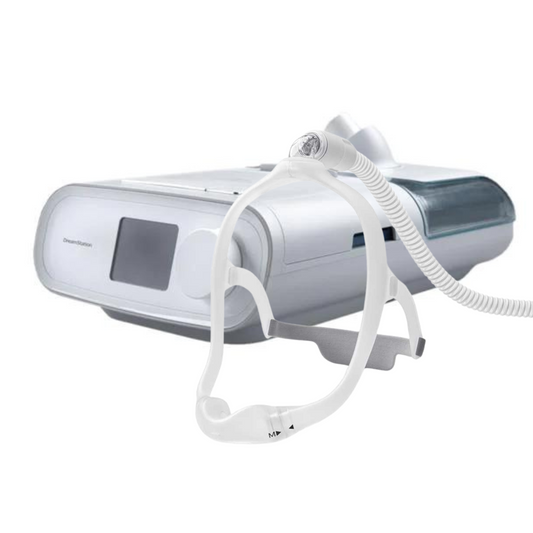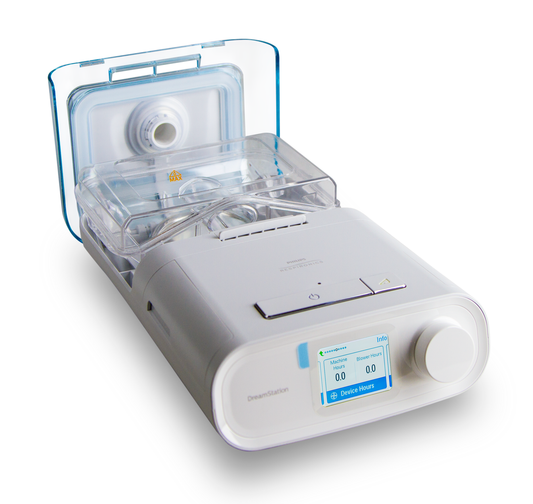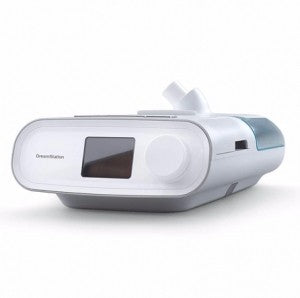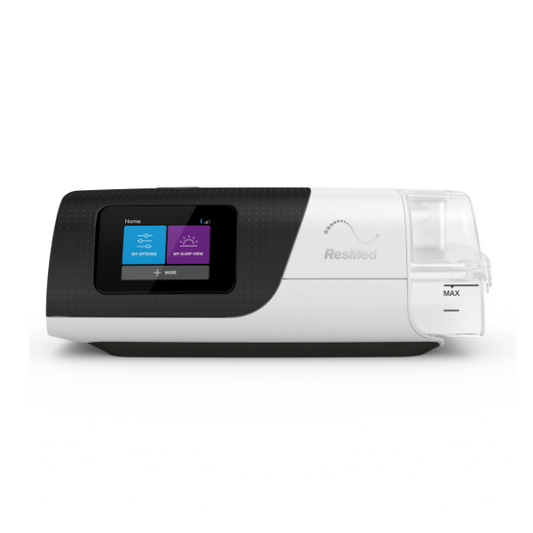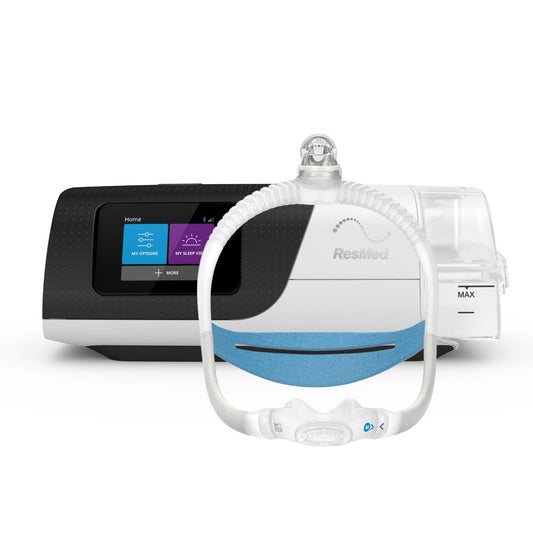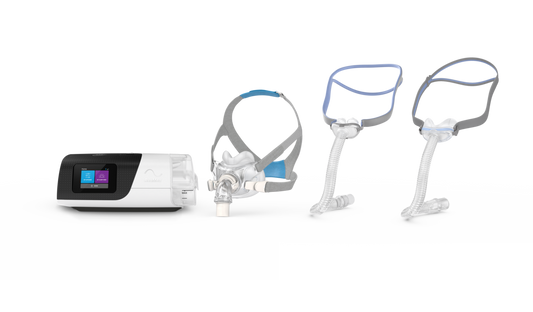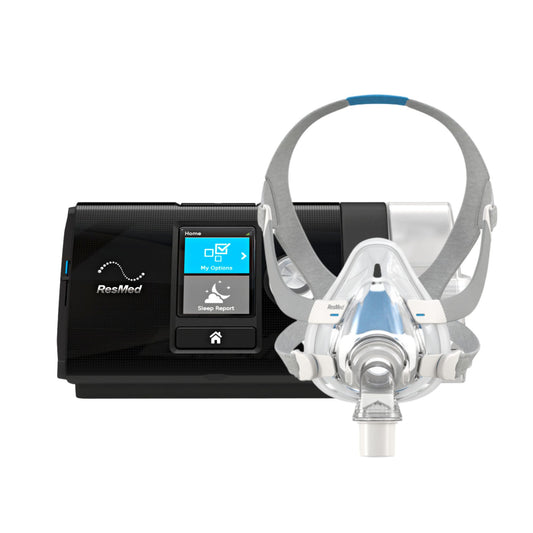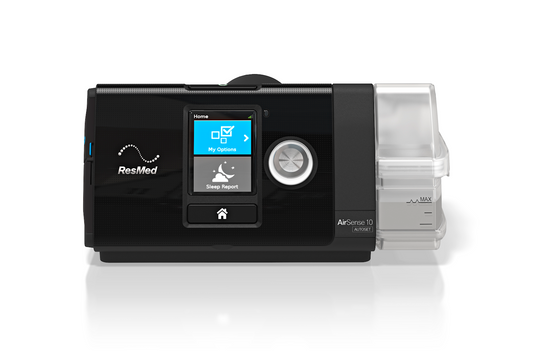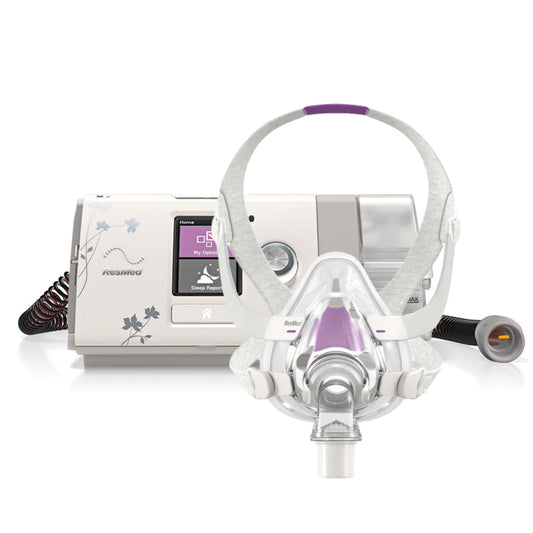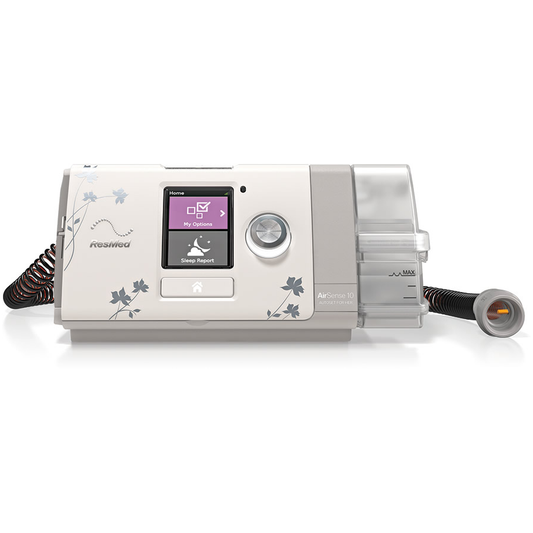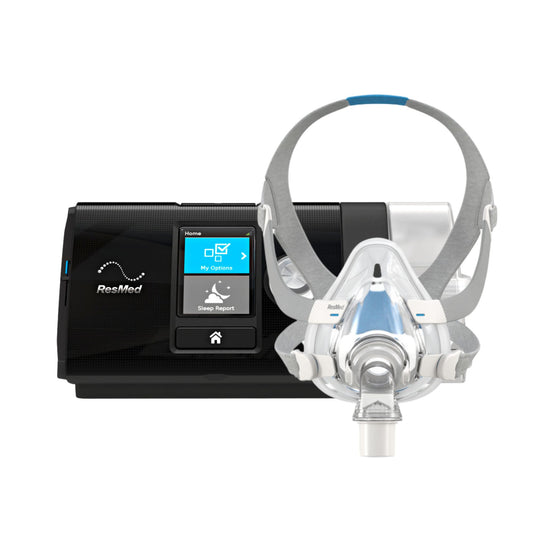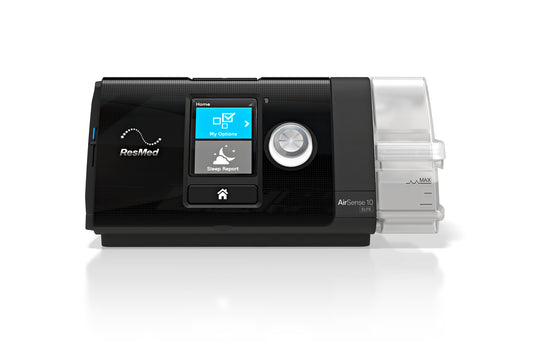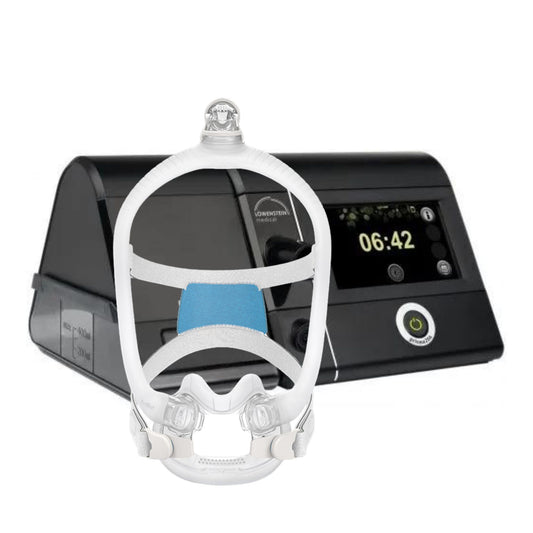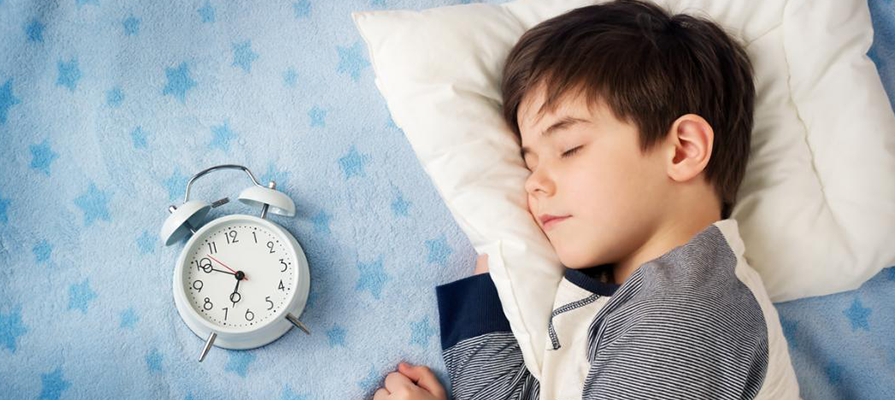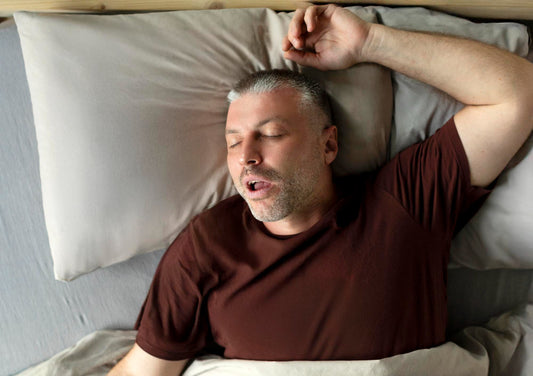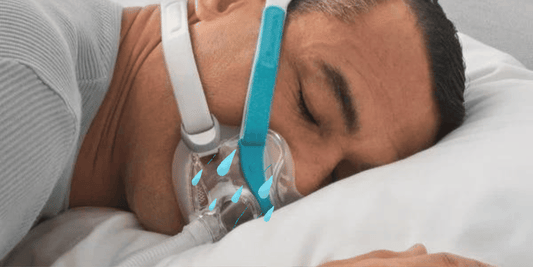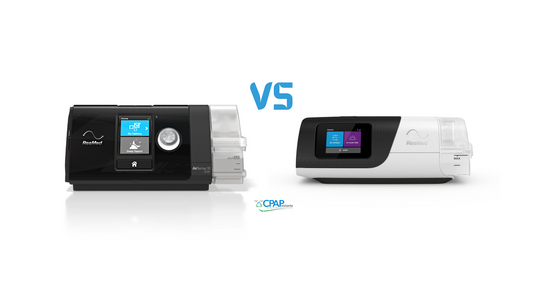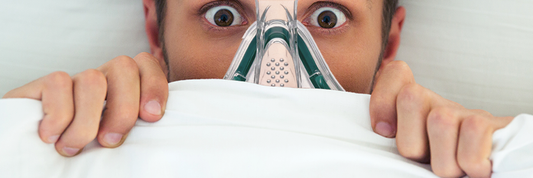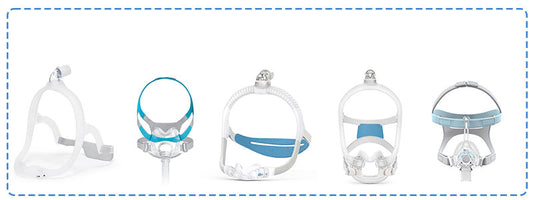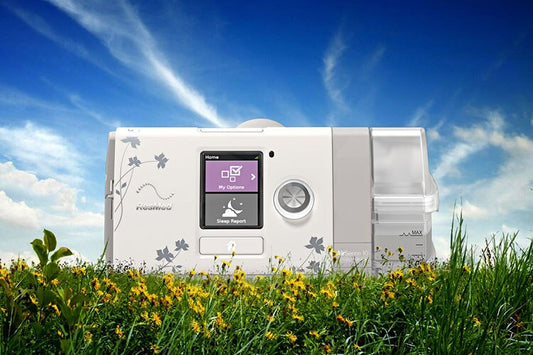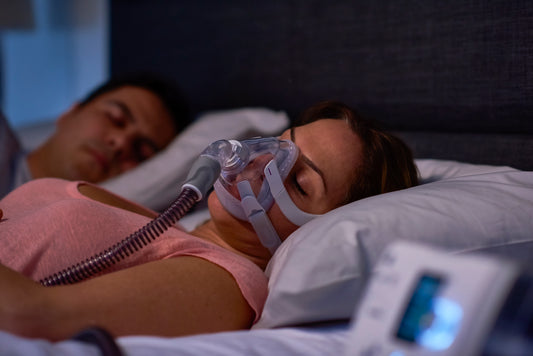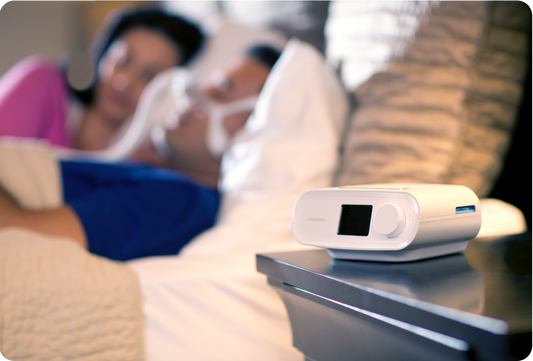Babies, young children and even teens need more sleep than adults in order to support their physical and mental development. Every parent knows that growing children need a good night sleep but most do not know how much sleep their children require, and the effects of lack of sleep.
It is sometimes hard to know if your children are getting enough sleep because even when drowsy with sleep, they don’t necessarily slow down. Children do have the tendency to resist bedtime and at times even become very active as the evening goes on.
Sleep loss in children could also be due to underlying psychiatric conditions such as attention deficit-hyperactivity disorder (ADHD). Studies indicate that sleep apnoea is relatively common in children and teens. This happens when a child stops breathing during sleep, due to an obstruction in his upper airway. A child with obstructive sleep apnoea wakes up hundreds of times a night. If left undiagnosed and untreated, OSA can negatively impact a child’s learning ability, growth, behavior, and health. OSA has been linked to heart problems in children so it has the potential to be life threatening.
In some cases, sleep apnoea can develop if a child does not get the correct amount of oxygen during sleep. This happens when the brain’s signal to the muscles that control breathing is faulty. This condition is called central sleep apnoea and is more common in older adults.
Children who snore may be at risk or are suffering from undiagnosed sleep apnoea. The American Academy of Pediatrics recommends that pediatricians ask and screen their patients for sleep apnoea during routine check-ups. If your child shows indications that he is not getting enough sleep, it is best to consult his pediatrician. The doctor will be able to assess if your child has an underlying sleep disorder and co-existing medical condition. If this is the case, your doctor may refer you to a sleep specialist for consultation and treatment.
Generally, sleep deprivation in children can be resolved with changes in the sleeping environment and usual routines around bedtime. According to studies, the best bedtime for babies and children of school age is between 7:00 pm and 8:00 pm. Parents must see to it that bedtime routine is consistent and soothing. There should be no TVs and tablets to “put” children to sleep.
 Not every child will require the same amount of sleep but most babies need from 12-15 hours of sleep; toddlers from 11 -14 hours; preschoolers from 10 -13 hours; school-aged children from 9-11 hours; teens 8-10 hours and young adults 7-9 hours of sleep. These hours are all give or take 1 to 2 hours.
Not every child will require the same amount of sleep but most babies need from 12-15 hours of sleep; toddlers from 11 -14 hours; preschoolers from 10 -13 hours; school-aged children from 9-11 hours; teens 8-10 hours and young adults 7-9 hours of sleep. These hours are all give or take 1 to 2 hours.
If you think your child lacks sleep because he or she has trouble sleeping, consult your pediatrician. In the event that your child has sleep apnoea, call us for consultation.
